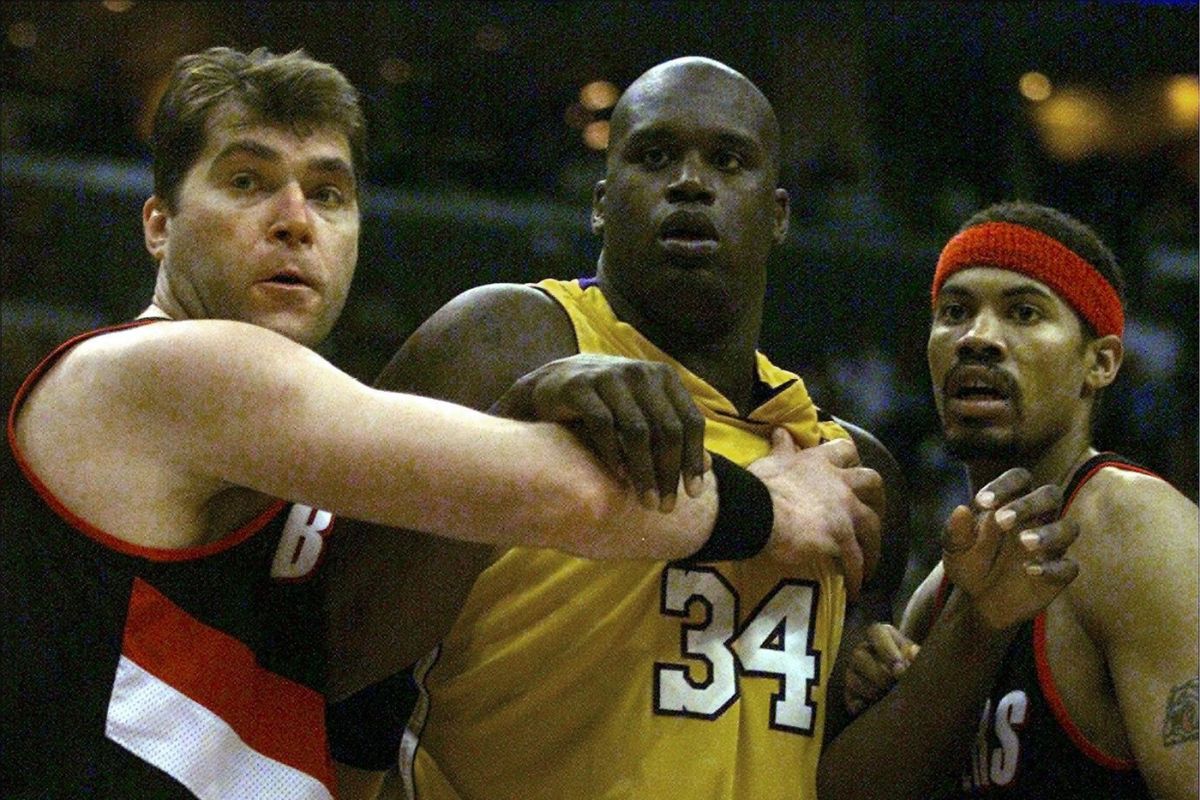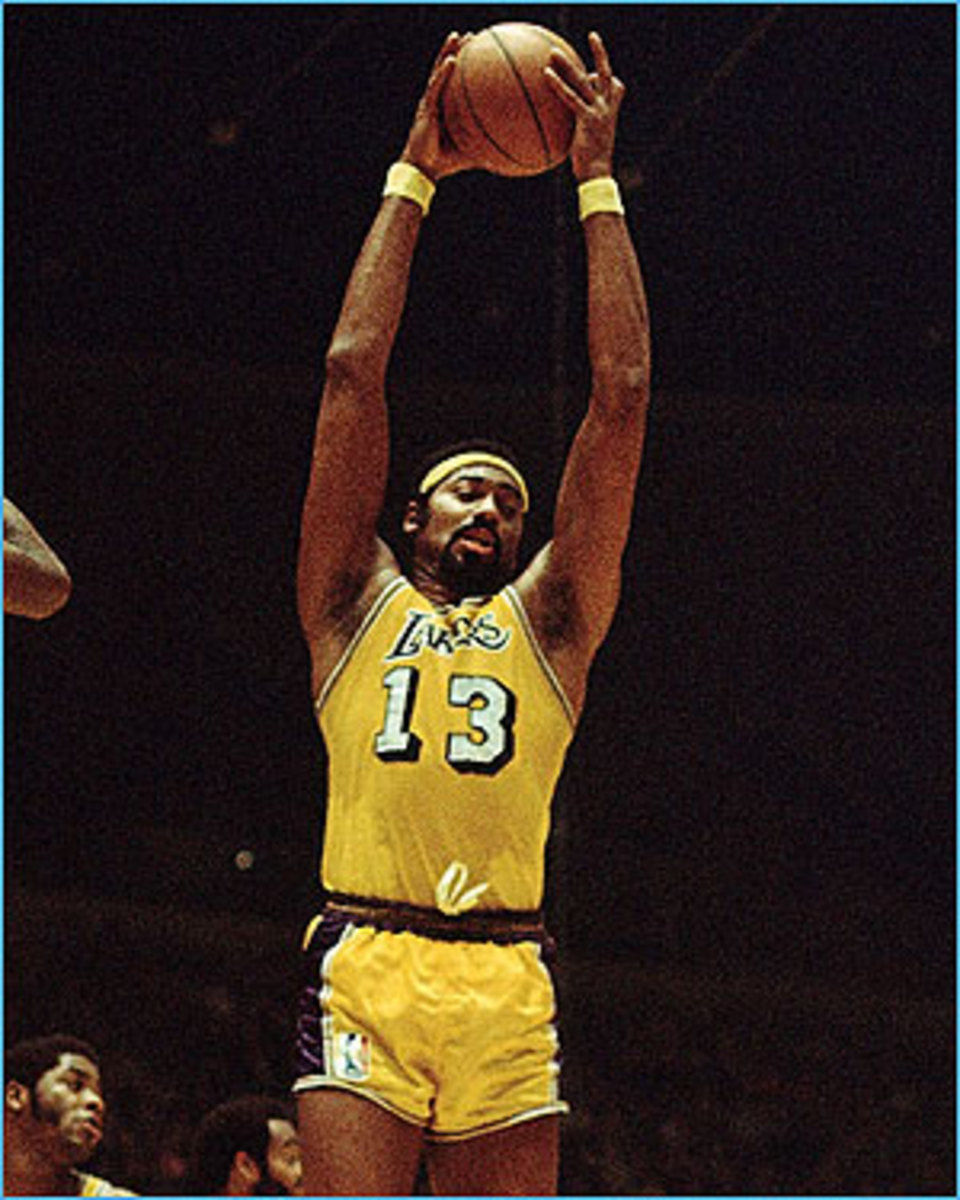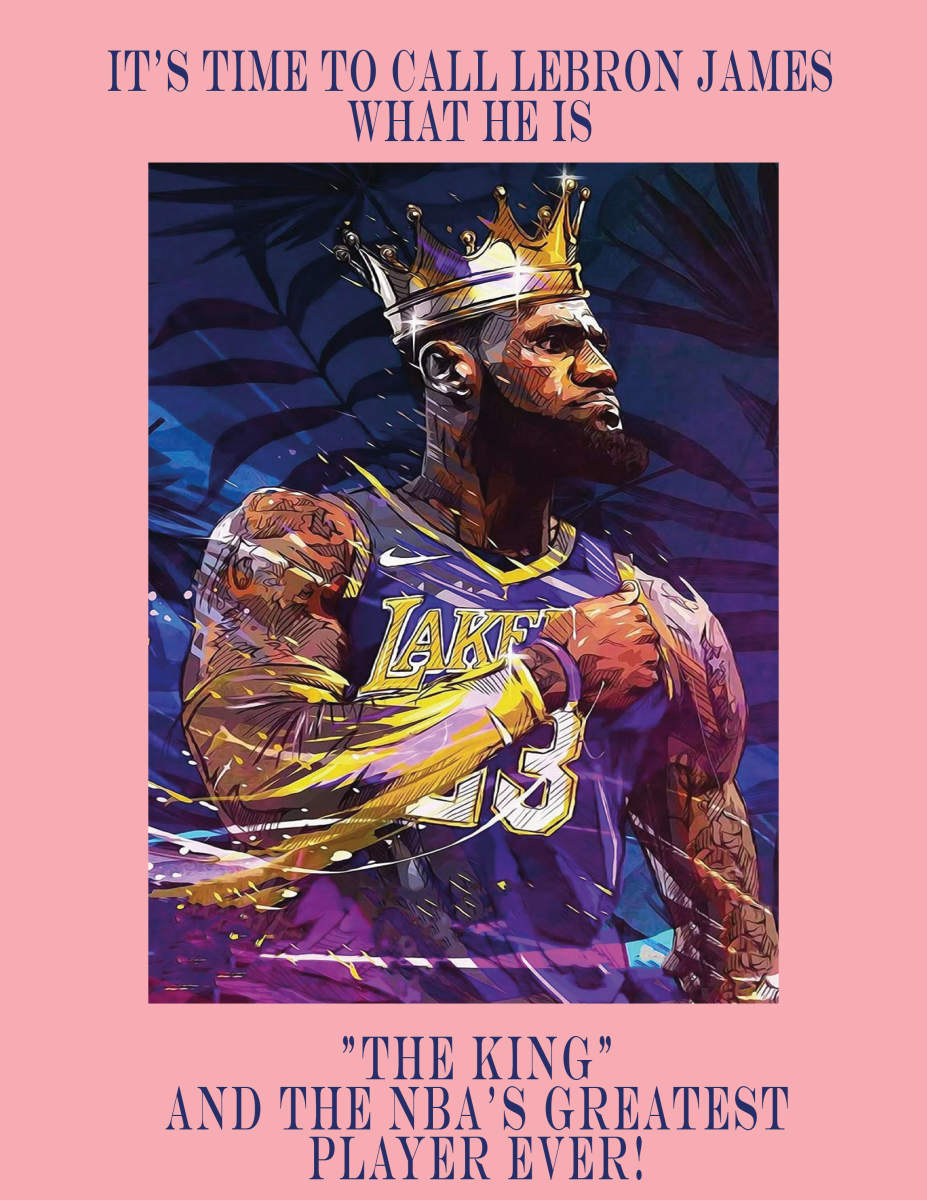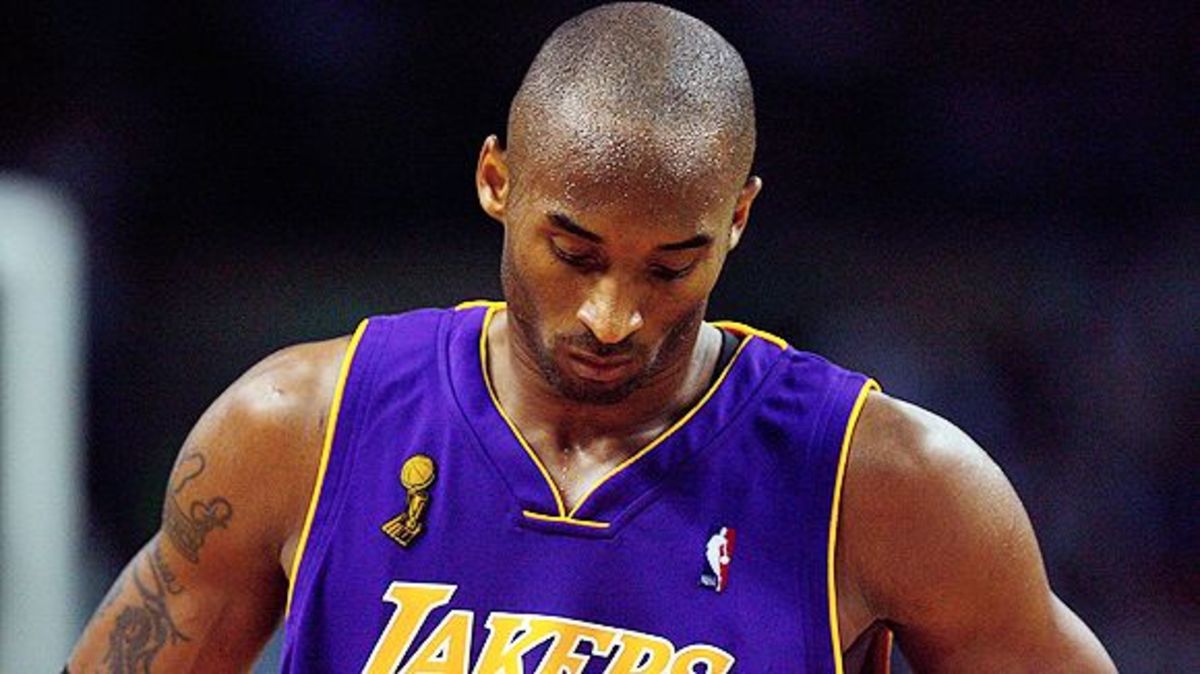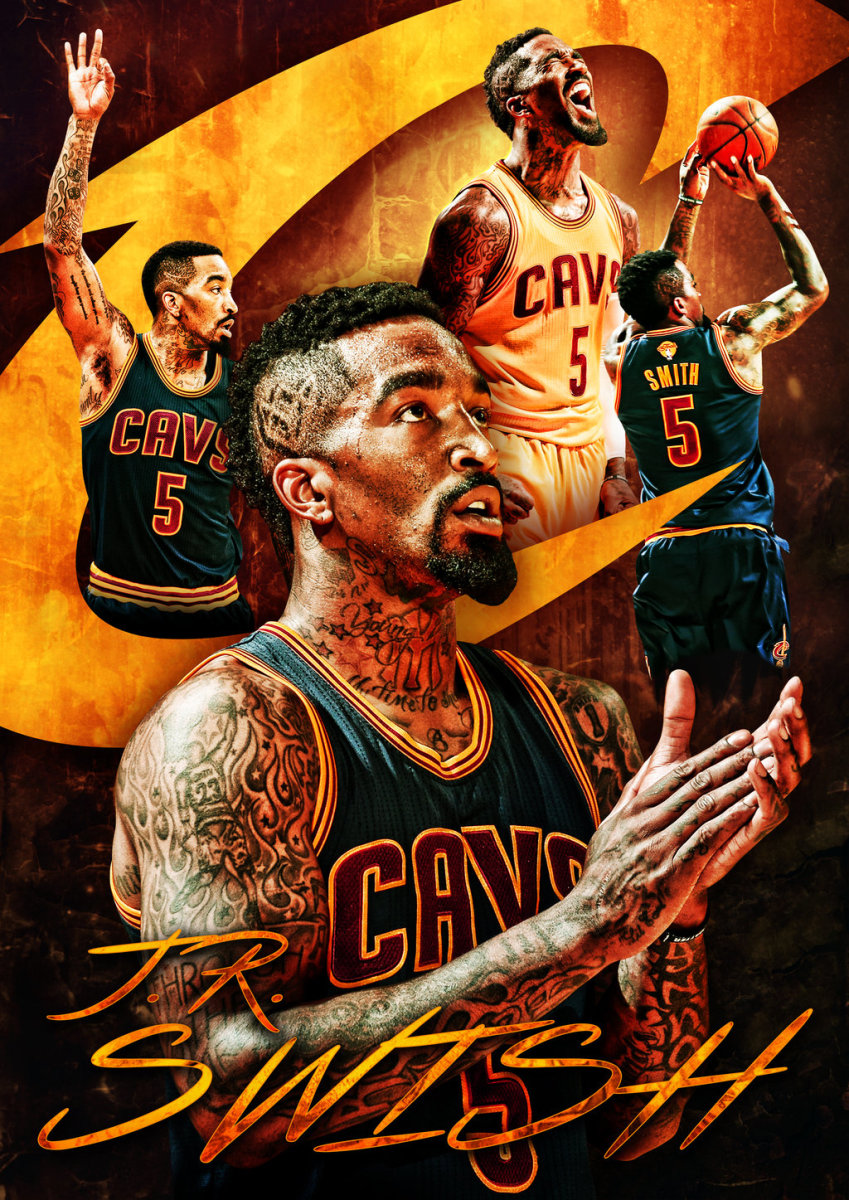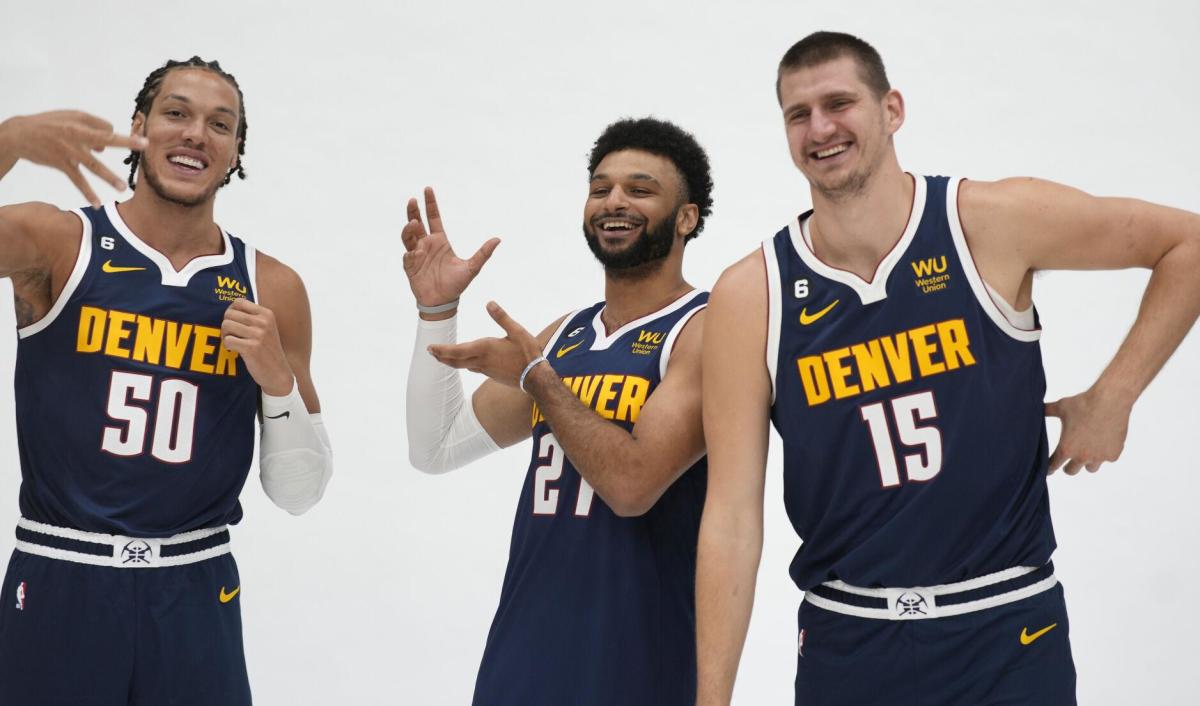- HubPages»
- Sports and Recreation»
- Team Sports»
- Basketball
The New Direction of the NBA
Three Main Phases of the Empowerment Era
In this article, I will lay out the three main phases of the player empowerment era, which began with LeBron James' decision back in 2010. What was then unprecedented now has become the new normal for player recruitment during the offseason. Gone are the days where your high draft pick becomes an all-star, and spends a few years with the small market team that picked him, with high hopes resting on the front office to land a fellow all-star via trade or free agency. Now, one-and-done superstars who've proven that winning it all can be done within a single season, proactively recruit fellow superstars to team up into a large market of choice.
The NBA has come a long way since the Miami Heat was the most hated team in basketball. And I'm afraid it also has come a long way from the days when Kevin Durant was the most hated basketball player in the world. Today, Kawhi Leonard who, if it was ten years ago, would have re-signed with the team he won a championship with the past season, is out to prove that as a player you can choose your own fate in the NBA. He's out to prove that a player can choose with whom he wants to win with, where he wants to win, and how.
For the purpose of this article, these three main phases of the player empowerment era are as follows: Phase One, LeBron's decision; Phase Two, Durant's joining Dub Nation; and finally Phase Three, Kawhi's offseason heist. This is also to say that we currently are in phase three of the so-called player empowerment era. Phase three has learned from the two eras before it. It learned from phase one that if you're going to build a super team in the NBA, get ready to be the most scrutinized team and get ready for every other team's best game every night. It learned from phase two that if you're a superstar joining a team that's already championship-caliber, it can hurt your personal legacy as a player. Phase three, which was ushered by Kawhi Leonard's move just a few days before the publication of this article, realizes that there are right and wrong ways to build a championship team.
Phase One: LeBron's Decision
It has been more than nine years since LeBron's infamous decision to 'take his talents to South beach' but it sort of feels like it's been decades since then. Before, NBA players didn't really weild that much power over who they want to team up with. We can't attribute it completely on the rise of social media, which has become an avenue for NBA players to voice out whatever it is they want the world to know. Before LeBron's decision, it was really up to the front office to collect enough talent on their team, dictated by the size of their own market and how much the owners were willing to go over the cap. After the LeBron decision, players became more active, realizing that one's 'championship window' is shorter than everyone thinks.
Players today know who are in the Hall of Fame, and those who aren't. Most of the time, those in the Hall of Fame have championship rings. There are a few very special exceptions such as Allen Iverson and Tracy McGrady. But these two are very special exceptions. Unless you're a player who revolutionizes the crossover dribble or a player who can score 13 points in 33 seconds, you better be primary figure on a championship team or else you will end up being a grandfather telling his grandkids how he 'almost' got inducted to the basketball Hall of Fame.
It must've been so deafening for LeBron back then, hearing all that noise of how he couldn't deliver a championship despite several tries in the playoffs. It's unfair for someone like him, who, before day one, was already called 'The Chosen One' but was constantly crticized because of falling short of an NBA championship. The Michael Jordan comparisons, which continue until today, were there from day one. He showed the full extent of his talents but a deafening frustration surrounding him pushed him to find a different solution to winning a championship.
It was not a move Michael Jordan ever did, but LeBron sought out a better situation for himself and sought out better teammates. He didn't wait on front office to perform a miracle by landing a co-superstar in a small market that was Cleveland, but instead took matters into his own hands. He teamed up with better players, and he put his faith on a better-equipped organization.
And it worked. The super team he formed won 2 out of 4 championships, and got to the Finals every year he was there. And since then, super teams were a lot easier to form because he showed that the gestation period for a championship team was shorter than everyone expected.
Phase Three: Kawhi's Offseason Heist
What Kawhi Leonard, or the Los Angeles Clippers for that matter, pulled off this offseason was perhaps the greatest heist in NBA history. Had they only got Kawhi Leonard on board it still would have been a great achiecement, seeing as they had the Lakers as their competition. But when they accomplished the trade for Paul George, who's another top-five player in this league, they blew everyone's heads off.
You wouldn't dream that a player like Kawhi Leonard would wield this much power in the offseason when he recruited a fellow superstar into the most cursed team in NBA history. But what Leonard achieved the past season when he pulled off the greatest one-and-done NBA season in NBA history, elevated his status as a recruiter. His on-court achievement enticed anyone to joining him to compete for a championship.
Who knows how successful Kawhi Leonard and the Clippers will be this coming NBA season, but they certainly have the best odds to do it right now. Gone are the days when it was just LeBron and it was just a high-profile team recruiting superstars. Now, even B-grade teams are getting it done, and other superstars have gained recruitment power.


